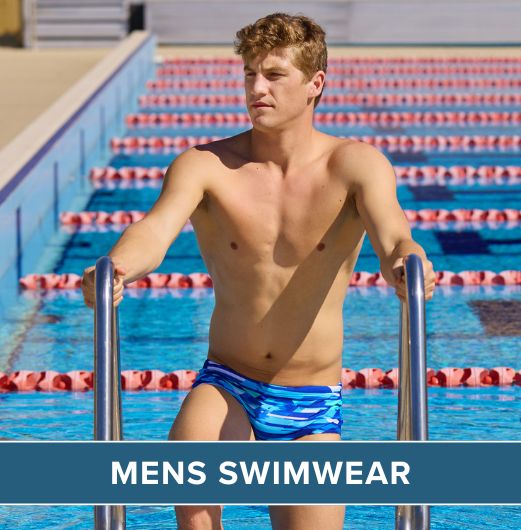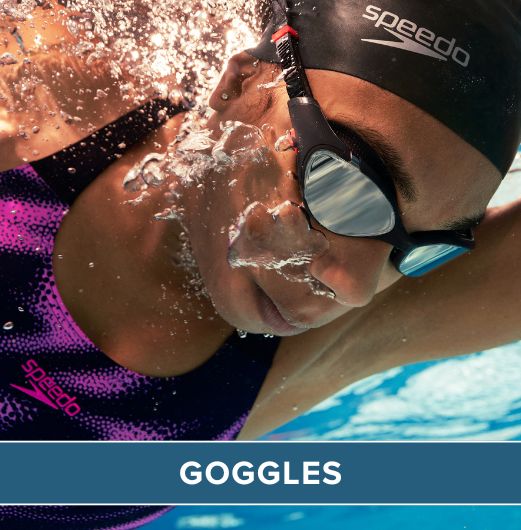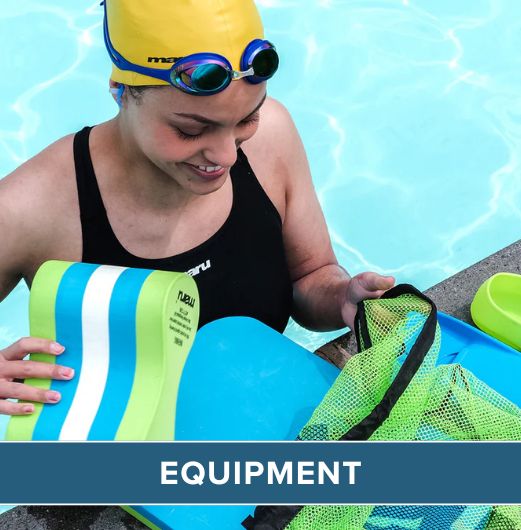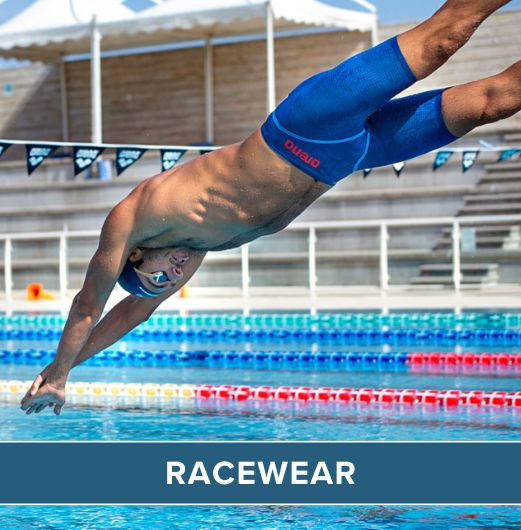Swimming is a highly popular activity that is enjoyed by people of all ages. It's fun and it is an effective way to stay fit and healthy. Whether you're a professional sportsman, a keen amateur or purely a leisure swimmer, there are certain issues that affect you. One of the most commonly asked questions is 'do you sweat when you are swimming?'
The quick answer is yes, but that's not quite all there is to it. Because you are in the water your body is cooled more rapidly so you probably aren't aware that you are sweating most of the time. The amount that you sweat is reduced for the same reason; the cooler water cools the surface of the skin and wicks away what little sweat is produced.
Sweating is the body's way of cooling itself down after strenuous activity or in hot conditions. It regulates temperature and ensures that you don't overheat. Swimming can certainly be strenuous but, of course, the body's basic biological functions remain the same whether exercising in the water or on land. So, although you may not be aware of it, you will sweat if you are putting a bit of effort into your stroke.

You have most likely become a little breathless when swimming, particularly if you compete at any level. The fact that your breathing has become more rapid indicates that you are probably sweating a little too.
Is there any evidence that people sweat when they swim?
Yet again, the answer is yes. Back in 1995, the Australian Institute of Sport ran an in-depth study of the Australian Swimming Team. The study took place in Atlanta and it found that, on average, swimmers lost about 125 ml of sweat for every kilometre covered. It was also discovered that men sweated more than women and that swimmers sweated more as the level of anaerobic threshold training increased. That means that the harder you swim the harder you sweat.
So how can you tell that you're sweating when you are swimming?
Any form of high-intensity exercise will make you sweat. You are more likely to sweat when swimming in a heated pool indoors or outside when it is very hot. Most people will have at some time or another been in a bath or shower that is just a little too hot. Your skin turns red and by the time you emerge from the water into the steamy bathroom you're well aware that you are sweating. Interestingly, it is only when you step from the water into the surrounding air that you become aware of sweat. Thankfully, swimming pools are not heated to temperatures close to a hot bathtub!
However, when you're swimming sweat loss is moderate compared with other sports. That's because water that is lower than the body's temperature of 37.5 C is very effective when it comes to keeping the body cool and moist. Plus, because sweating doesn't show when you are already wet it's not immediately evident. Even if you feel winded or puffed you may still think that you didn't lose any sweat. The chances are that you did so it is more important than ever to rehydrate. Professional swimmers always keep a bottle of water close to the pool so that they can drink to replenish their moisture levels after races. However, if you are swimming in cool pools during the winter you will sweat a lot less and you may simply need to drink when you're thirsty to maintain your fluid levels.
The question on everyone's mind...
Are we swimming in pools full of sweat? Now that it has been established that swimming, like any form of strenuous exercise, causes people to sweat, it's fair to wonder where that sweat goes. Let's look back at that Australian swimming team who took part in the 1994 study in Atlanta. After intensive testing and data collection, it was noted that swimmers who are pushing themselves to the same kind of level lose about 125 ml of sweat for every kilometre. Sounds like a lot but actually it is isn't. A kilometre is 1000 metres but an Olympic size swimming pool is just 50 metres in length. If you work it out that's about a teaspoon of sweat if you push yourself for one length. Not everyone will sweat at the same level and not everyone in the pool will be swimming fast. Plus, when did you last find yourself in a training pool with more than 5 or 6 other swimmers. Add the pools high-tech disinfection and filtering system and it becomes evident that sweat lurking in swimming pools is really not an issue.
Hopefully, we've answered your questions about sweating and swimming. Swimming is a fun way to keep fit, it tones and lengthens muscles, improves lung and heart function and increases core strength. A teaspoon of sweat seems a small price to pay for an activity that can be enjoyed by every member of the family and has such incredible benefits. Even if you're a professional swimmer, a little sweat is not likely to be that noticeable.
 Free Tracked UK Delivery
Free Tracked UK Delivery Hassle Free Returns
Hassle Free Returns Next Working Day OPTION
Next Working Day OPTION Found It Cheaper?
Found It Cheaper?













